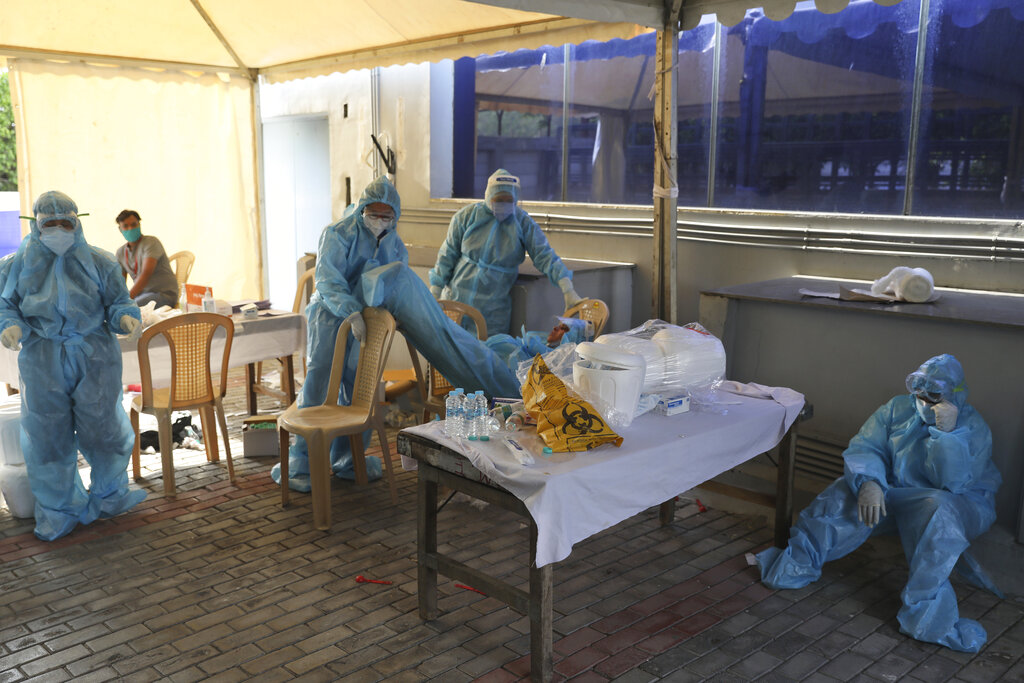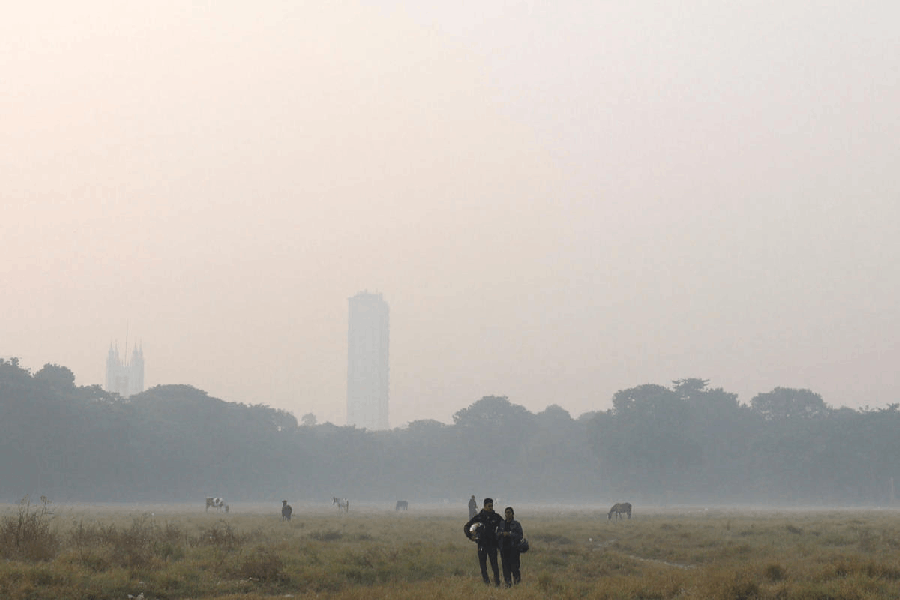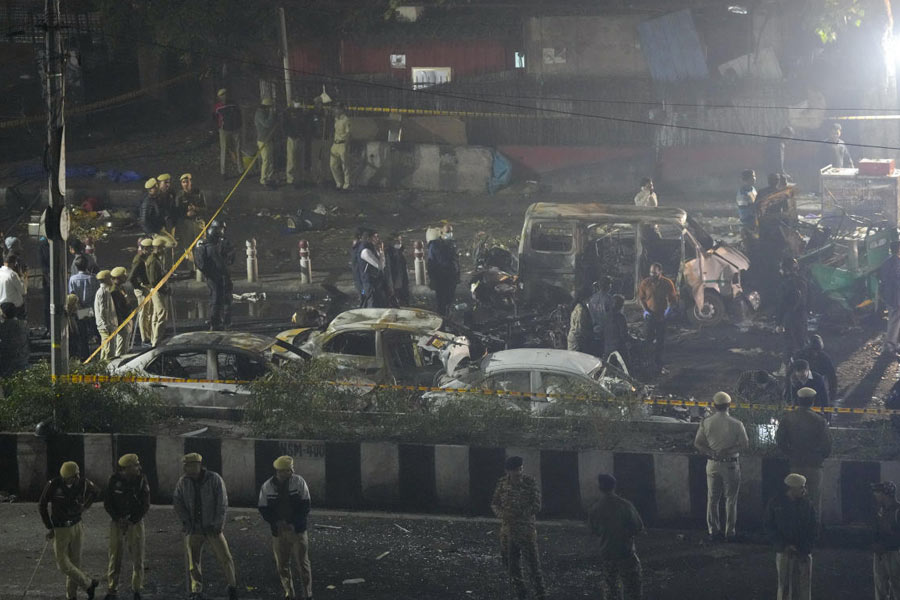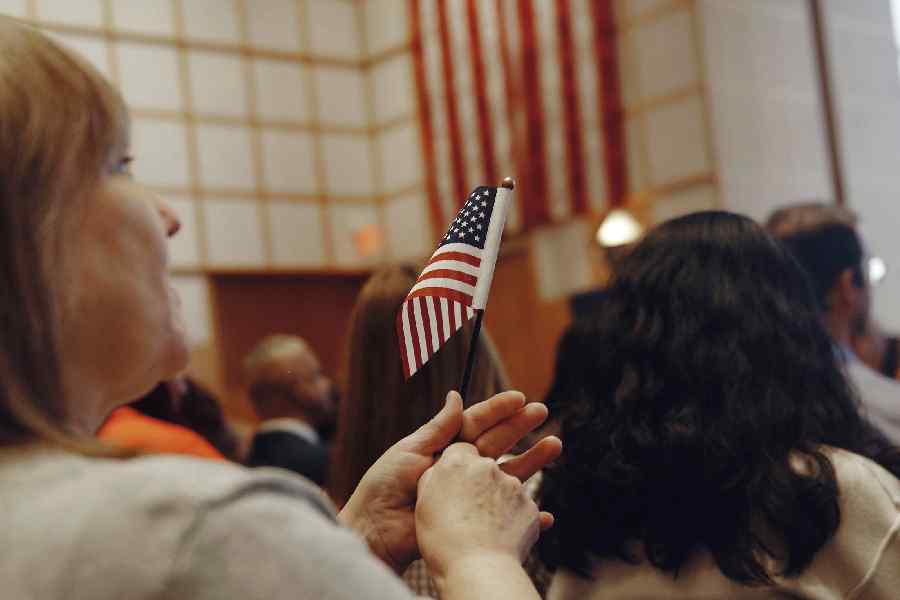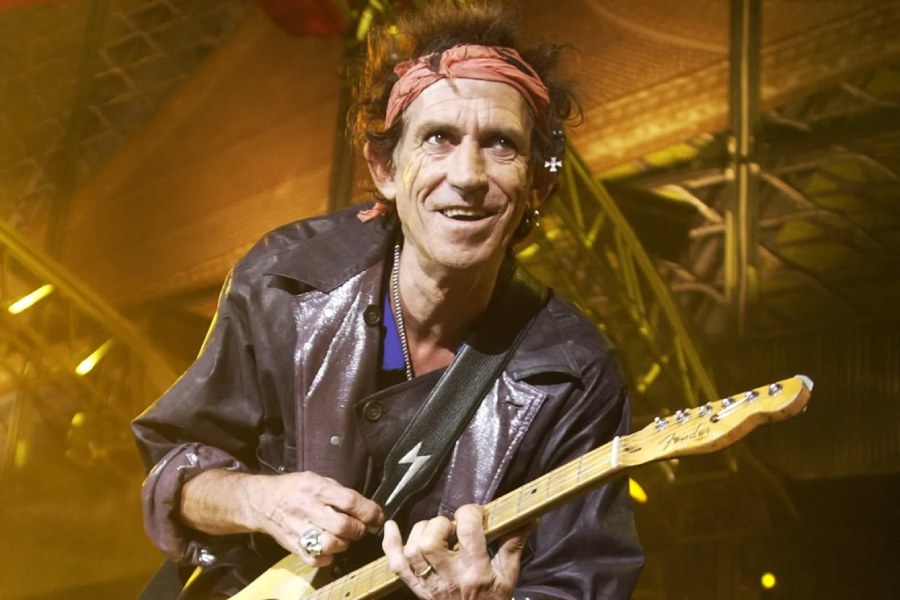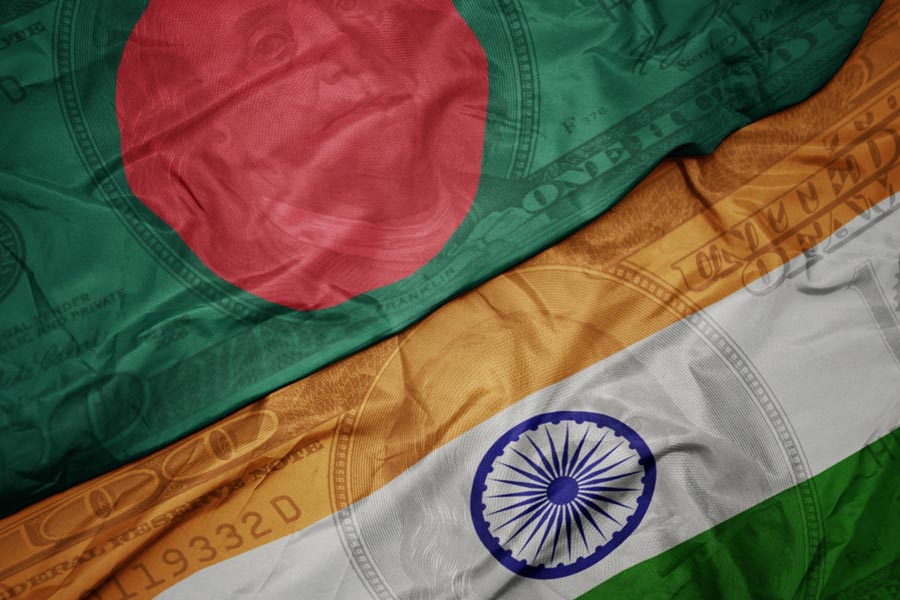It is, perhaps, easy to applaud doctors and all other healthcare workers from thresholds and balconies, as long as they are not close by. Numerous episodes in different parts of the country have demonstrated that front-line workers in the war against Covid-19 are not being welcomed by the people they are fighting to save. Instead, they are dealing with violence, ostracism and forced eviction from their living quarters on top of the daily risk of infection which they knowingly embrace in pursuit of their duty. Unreasoning fear erases the possibility of intelligent or even humane behaviour; this is especially true in a country where unscientific thinking is actively encouraged by people in power. Doctors on contact tracing duty were driven away by stone-pelting in Indore, for example, and flight crew, doctors, nurses and others supposed to have been in touch with possible Covid-19 patients are being discriminated against in housing societies and rented accommodation. People’s hostility exceeded abuse and assaults when the funeral of a doctor who had died of the virus infection in Chennai was stopped by a mob fearful that the infection would spread from the spot. His family and others in attendance were reportedly beaten up.
The Epidemic Diseases (Amendment) Ordinance, 2020 was promulgated against this background, a timely move that also quieted the protest of the Indian Medical Association against violence towards doctors. The IMA referred to the denial of dignity to a doctor even in death that the Chennai incident represented. While that is indeed an extreme case, it has to be recognized that all forms of violence — driving doctors away by throwing stones, for example, or even simply abusing them or cutting off their electricity — deny health workers their due respect, admiration and, most important, gratitude. The ordinance prescribes hefty fines and up to seven years of imprisonment in cases of severe injury, and also imposes fines for damage of property. This is expected to help protect health workers and is undoubtedly a good thing. But it is tragic that the government has to lift a heavy rod to frighten people into good behaviour towards front-line fighters against a virus that threatens them all. This is when healthcare workers need support and cooperation the most, and when people’s appreciation is most valuable.

